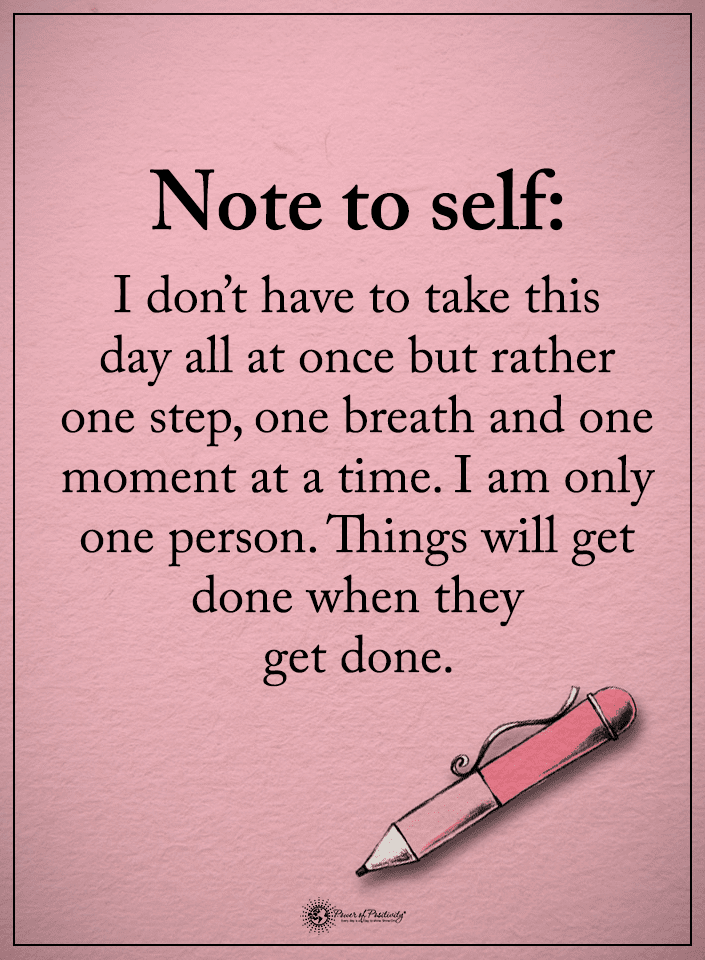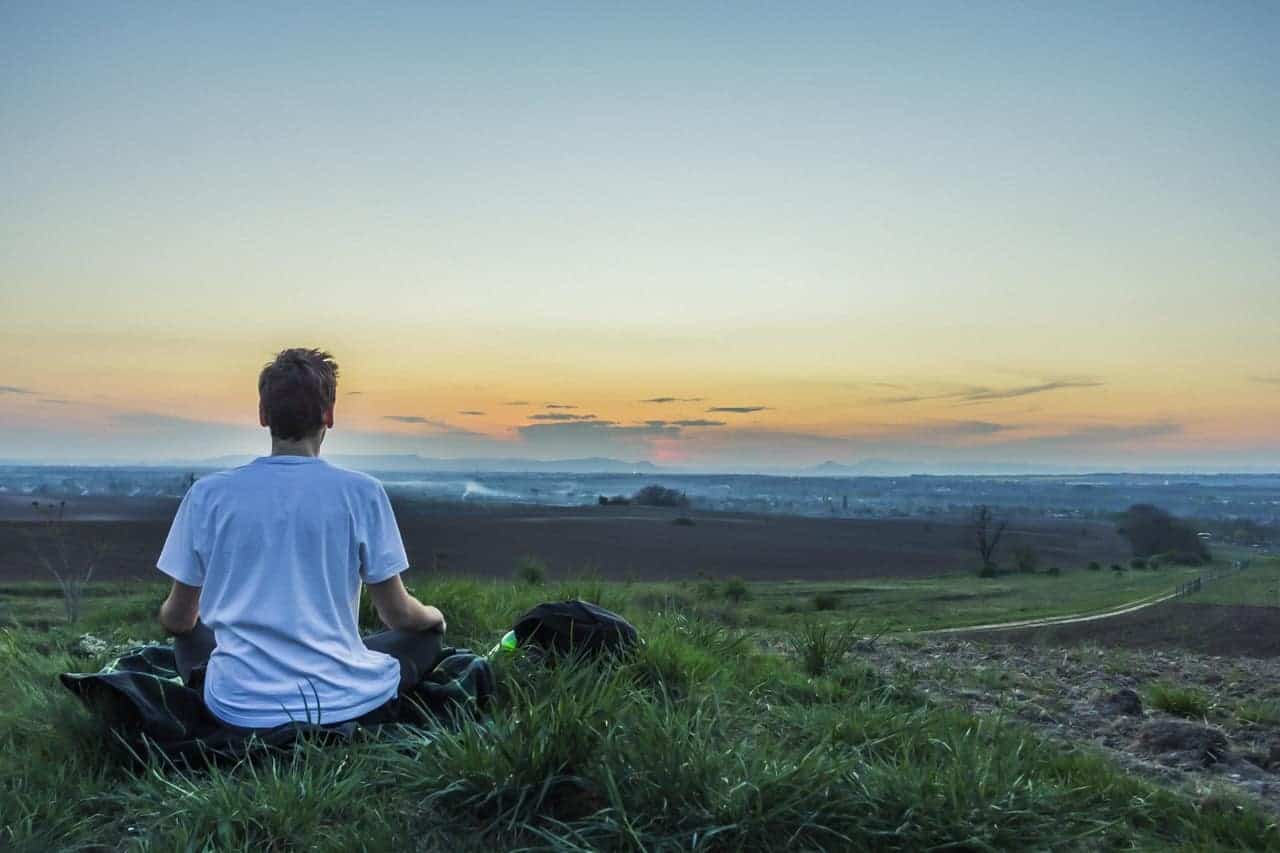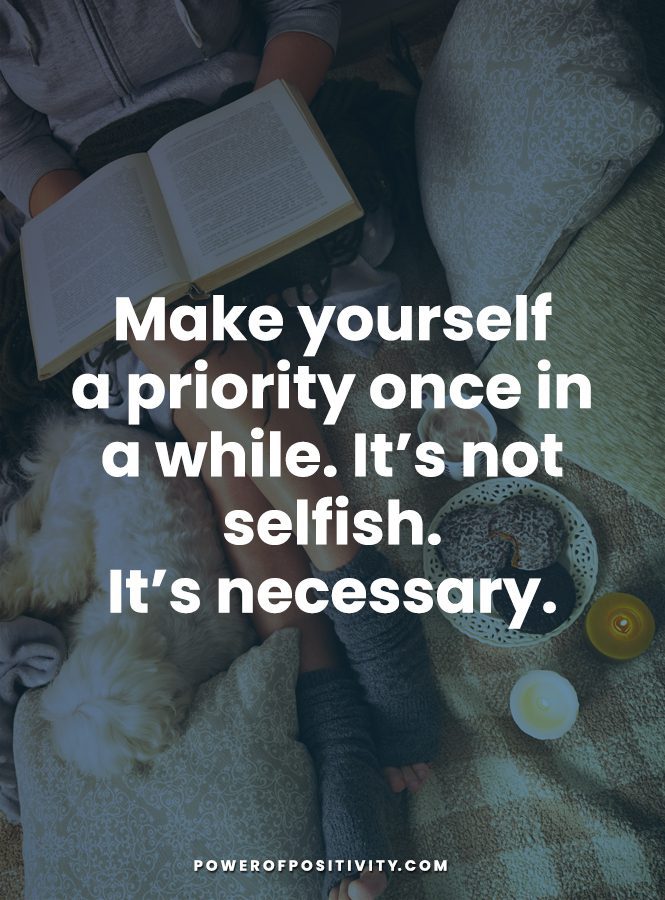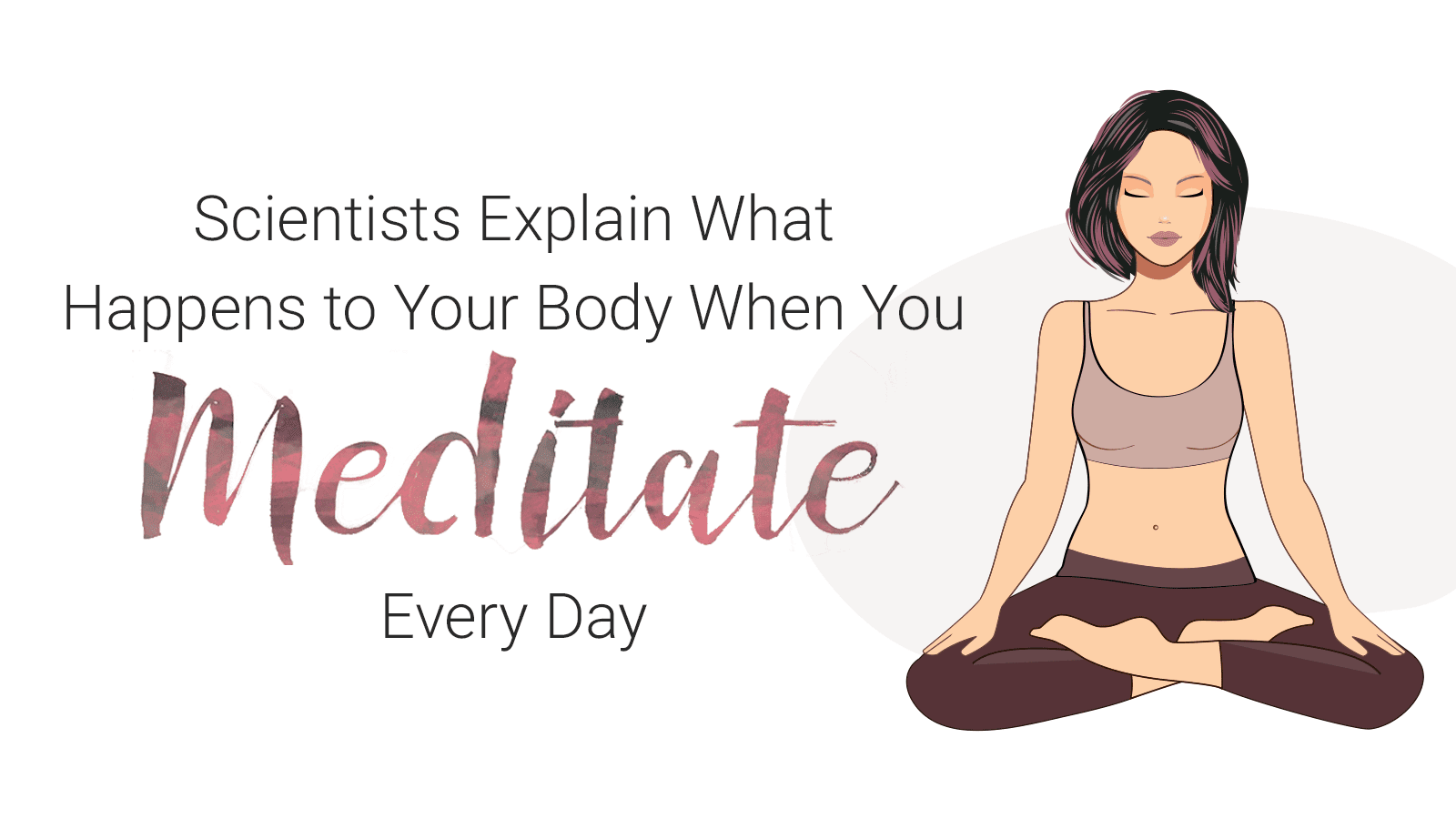For ages, spiritual teachers and great sages encouraged people to meditate for peace and relaxation and to relieve anxiety.
The science behind meditation
When faced with a threat, the body activates your sympathetic nervous system giving you instant extra energy to address it. One way is by releasing the natural stress hormone (Cortisol) into the bloodstream. This, however, comes at a cost since prolonged exposure to cortisol is harmful to your mental and physical health.
Studies show that practicing meditation to relieve anxiety turns on the parasympathetic nervous system, responsible for lowering the heart rate and muscle relaxation. This thereby encourages the body to stop releasing cortisol hormones.
BASICS ON HOW TO MEDITATE
1. Find a quiet comfortable personal space
A quiet and comfortable personal space is recommended for beginners to relieve anxiety. This is because it is easier to concentrate and collect your thoughts when you are alone. This can be done at home.
All you need to do is to try and set up a special area in your home dedicated to meditation. You can decorate this area with things that are meaningful to you or that provide inspiration to you.
Set up something to sit on, for example, a cushion and create a personal sanctuary.
2. Sit up straight
Sitting up straight helps you to stay focused while you resolve. You can do this by sitting down on a pillow helps to keep your spine straight. Relax any areas of tightness to relieve panic.
3. Begin with small steps each day
Beginning the practice of meditation does not mean dedicating huge chunks of your valuable time to it. This can be inconvenient, especially if you operate on a busy schedule. Start small.
Starting small means that you devote a few minutes for example 10-15 minutes each day consistently. Staying consistent will help you commit to your meditation and achieve progress.
With this, you’ll get used to it and find yourself managing even longer periods. Stay as flexible as possible by only allocating time you can comfortably manage.
4. Consider setting up an intention
Thinking about a certain intention should be altruistic such that it will help you to stay focused on your reason to meditate. You may think how to resolve to help relieve anxiety at the moment rather than being nostalgic or worried about future events. This will stimulate good thinking towards relieving anxiety.
5. keep a personal journal
Keeping a record of a journal allows you to keep track on various techniques on resolving and how they felt. It also enables you to work through your personal feelings.
Using meditation as a means to combat your anxiety
1. Replace your thoughts of nervousness
Meditation works by trying to replace disturbing thoughts with calming peaceful ones. Someone suffering from anxiety will have many thoughts that disturb their inner peace. Being nervous makes you feel worried unnecessarily.
As you meditate, always focus on replacing disturbing thoughts with calm and positive thoughts. Meditating can be really helpful before or after being in a situation that makes you feel anxious. With time, meditation will help you relieve these thoughts and feel less nervous.
2. Don’t be tempted to think you’re not good enough
When you’re new to meditating, you may feel that you are not improving. This happens especially to people who suffer from uneasiness. This is because these thoughts will try and encroach them as they resolve.
Having these thoughts will limit your potential for mastering the art and enjoying the fun of it. Instead of focusing on your inadequacies, focus on improving with each session. Telling yourself you’re poor at meditating will only cause you stress and increase your anxiety.
3. Look for signs whether meditating is good for you
While to meditate helps you relieve panic, it may not be right for everyone as to some individuals, it may worsen panic. In case trauma or repressed memories surface during meditation, put it on hold. Consult a mental health professional.
4. Stay committed
After choosing to resolve and realizing it is the right thing for you to do, commit to doing it on a daily regular basis. Doing this will help you to improve and help your brain adapt to change. This will also help you relieve your anxiety.
PRACTICING 5-MINUTE MEDITATION TO RELIEVE ANXIETY
1. Find a quiet, conducive environment
It is important to find a quiet, conducive place where you’ll be sure to avoid being disrupted for fifteen to twenty minutes or even longer. You may sit cross-legged on the floor with a cushion supporting you. Alternatively, you can sit on a chair with your feet on the ground.
Maintain an upright posture by maintaining your body’s natural curve. Close your eyes and take deep slow breaths. Begin by inhaling with your nose and then exhaling with your mouth. At the beginning, your first air intakes will be shallow but as you settle you will begin allowing more air to flow to your lungs smoothly. This will make your breaths to be fuller and deeper.
Taking deeper breaths will make you feel more relaxed and calm.
2. Focus on the present moment
Bring all your attention to the present moment moment where you are in. This is done by preventing the brain from wandering to the past or thinking about the future.
In the beginning, it is normal to struggle to keep your thoughts from wandering.
Keeping your eyes open is also helpful in focusing on the current moment. To focus your mind on the present moment, you can also take deep breaths. This will calm your mind and keep your mind from wandering.
3. Integrate movement while meditating
Meditation can involve movement if you find sitting stressful. There are many yoga practices that incorporate movement that you may be interested in learning. Most of them can be done at home by watching this DIY tutorial.
https://www.youtube.com/watch?v=LxYuRw6AAu4
You can also consider taking a walk as you reflect. Movement cannot prevent you from meditating as long as you stay focused.
4. Ending your meditation
Once you are ready to end your meditation practice, stand up slowly that is if you were sitting down or lying down. Open your eyes if they were closed.
5. Practice makes perfect
To meditate for about five minutes helps to relieve oneself. With time, there’s need to increase time and thus increase your benefits from meditation.
As they say, Time is a master healer, all you need is patience as you relieve anxiety. You will begin to feel peaceful, positive and happy if you stick with it.





















